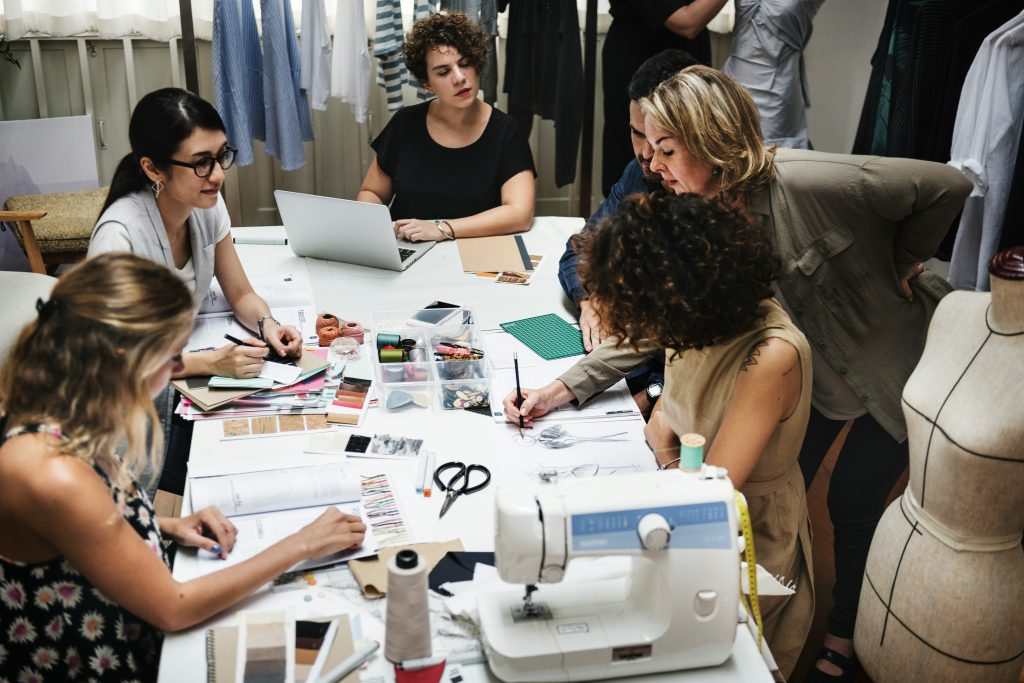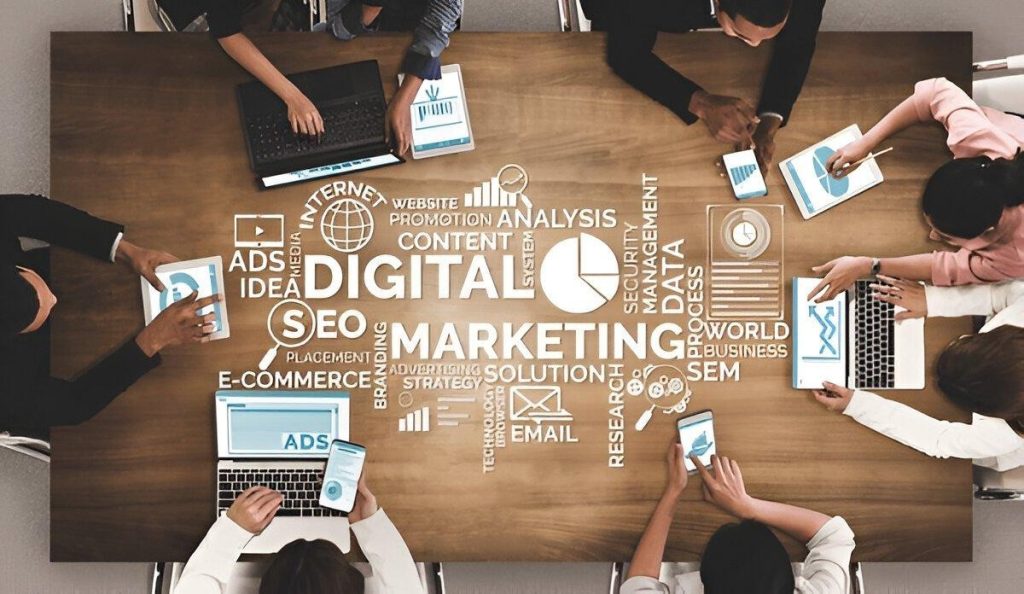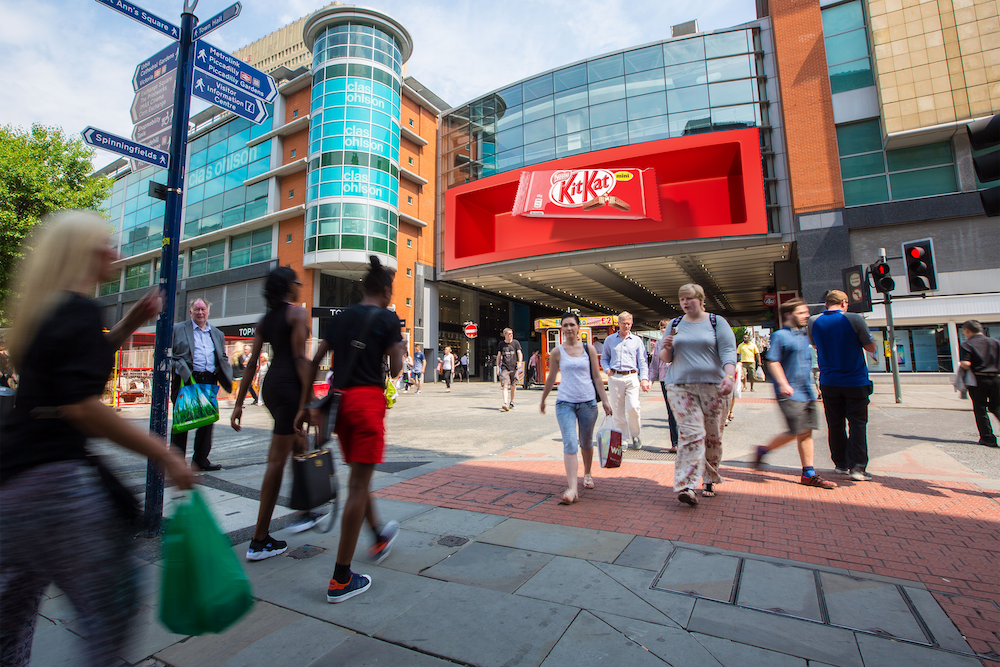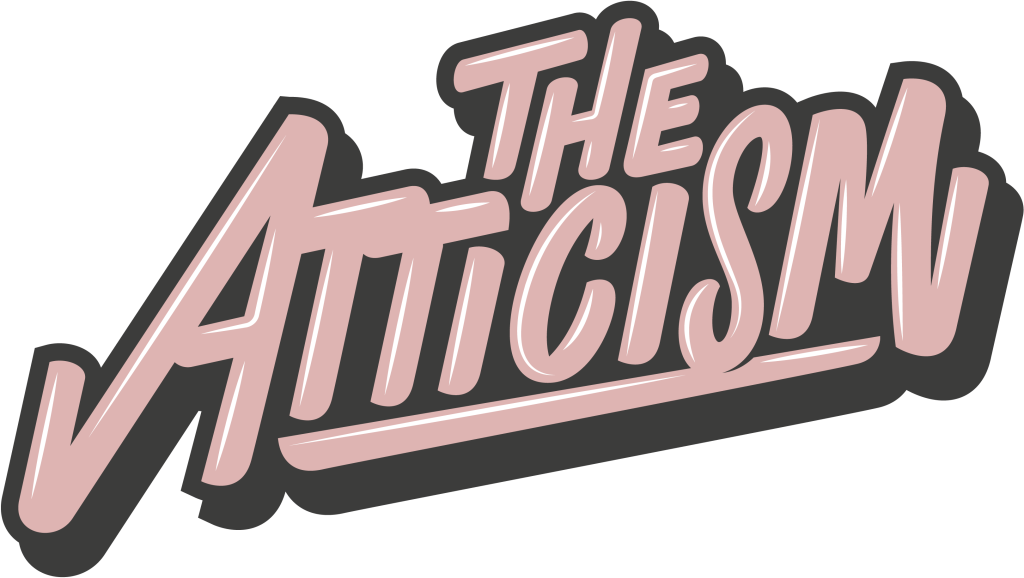In the fast-paced world of corporate events, female business owners are making their mark with fresh approaches to experiential marketing. These women-led firms are changing how brands connect with audiences through live experiences, bringing unique perspectives to an industry once dominated by traditional practices.
“Women bring different viewpoints to the planning table,” says industry analyst Maria Chen. “Female event planners often excel at creating emotional connections through events, which is what brands need right now.”
Jessica Boskoff represents this trend as founder and CEO of 23 Layers, a New York-based firm that works with global brands and startups. Her path from hospitality management to running her own company shows how industry experience can translate into entrepreneurial success.
“The best corporate event planners understand that details create the experience,” Boskoff noted in a recent industry panel. Her team’s attention to elements like spatial design, sensory engagement, and personalized touchpoints has helped build the company’s reputation.
Research shows women now lead approximately 30% of event agencies in major U.S. cities, up from just 18% five years ago. This shift coincides with growing client demand for event experiences that feel authentic and connect emotionally with attendees.
Female business owners in this field often report taking different approaches to team structure and client relationships. Many maintain smaller, boutique operations, allowing hands-on involvement with clients and projects. This contrasts with larger agencies where account managers may handle client interactions while creative teams work separately.
“Corporate clients appreciate direct access to creative directors,” explains event industry consultant James Williams. “Smaller firms led by women often provide this direct connection, which can lead to better execution of the brand’s vision.”
The pandemic forced event professionals to rethink their business models. Boskoff’s 23 Layers exemplifies this adaptation by launching Neon River, a sister company focused on design-forward weddings. This diversification strategy helped the company remain viable when corporate events paused.
Technology integration represents another area where female-led agencies are making strides. Corporate event planners now regularly incorporate digital elements that extend an event’s reach beyond physical attendees. Women-owned firms are often early adopters of these hybrid approaches.
“We’re seeing female agency owners embrace technology not just as a necessity but as a creative tool,” notes tech analyst Devon Rodriguez. “They’re using data analytics to measure engagement and virtual components to expand audience reach.”
Client expectations have shifted significantly, too. Brands increasingly want measurable outcomes from events, not just memorable experiences. This has led corporate event planners to focus more on data collection and post-event analysis to demonstrate a return on investment.
The rise of social media has also changed how events are designed. Instagram-worthy moments and shareable content have become central considerations in planning. Female-led agencies frequently excel at identifying these opportunities and integrating them naturally into event spaces.
The corporate event planning industry faces ongoing workforce challenges, with talent recruitment remaining difficult post-pandemic. Women-led firms are addressing this through mentorship programs and flexible work arrangements that help attract and retain top talent.
Funding disparities persist, however. Female founders in the event industry receive significantly less venture capital than their male counterparts, often forcing them to bootstrap growth or seek alternative financing options. Despite these obstacles, many continue to expand their client rosters and service offerings.
As the industry continues to change, female leadership in event planning appears positioned for further growth. The emphasis on emotional engagement, attention to detail, and adaptability aligns well with what brands now seek from their corporate event planners.
Companies like 23 Layers represent this changing landscape, bringing professional expertise and fresh perspectives to an industry that thrives on creativity. As brands continue seeking meaningful connections with their audiences, the influence of women-led event agencies will likely keep expanding.





